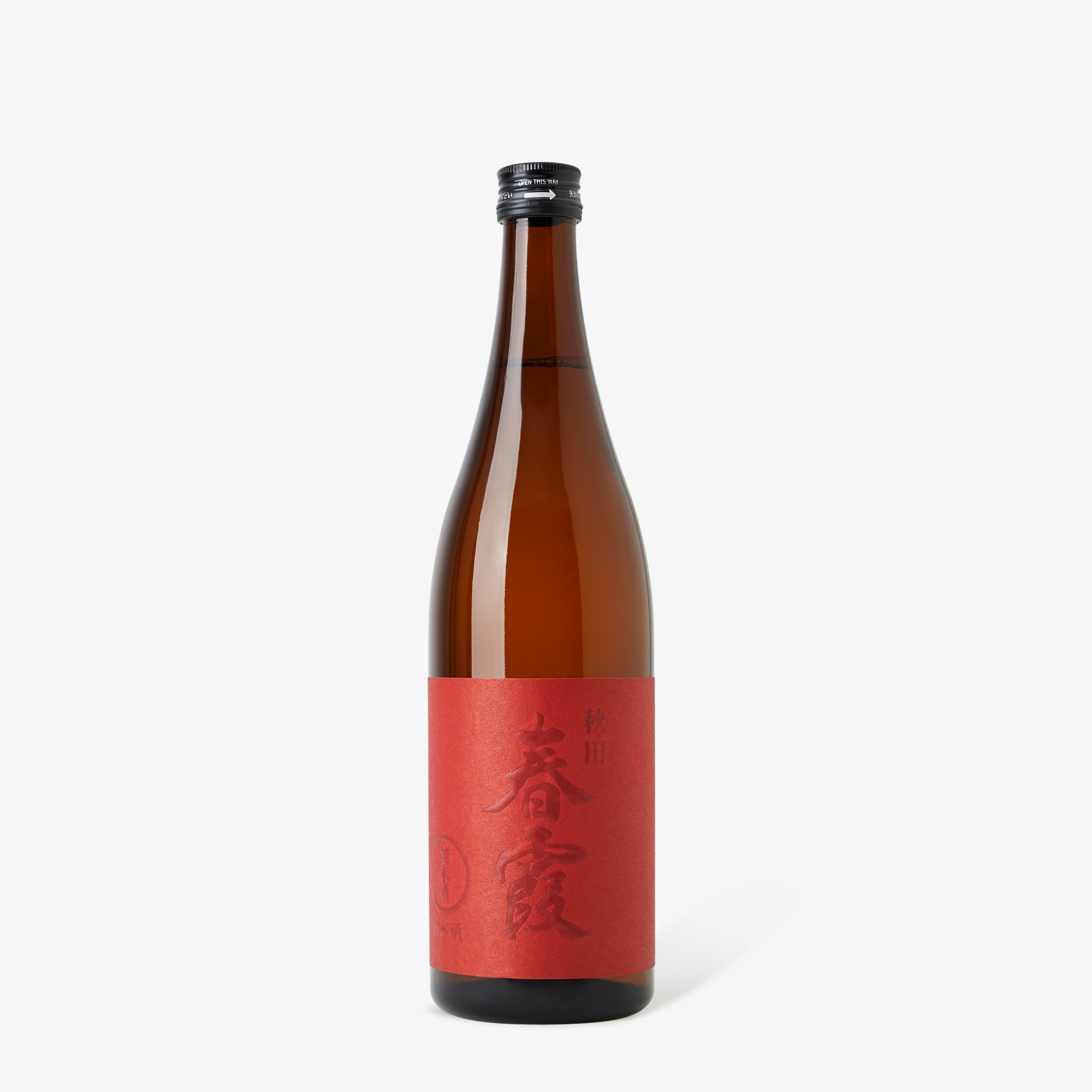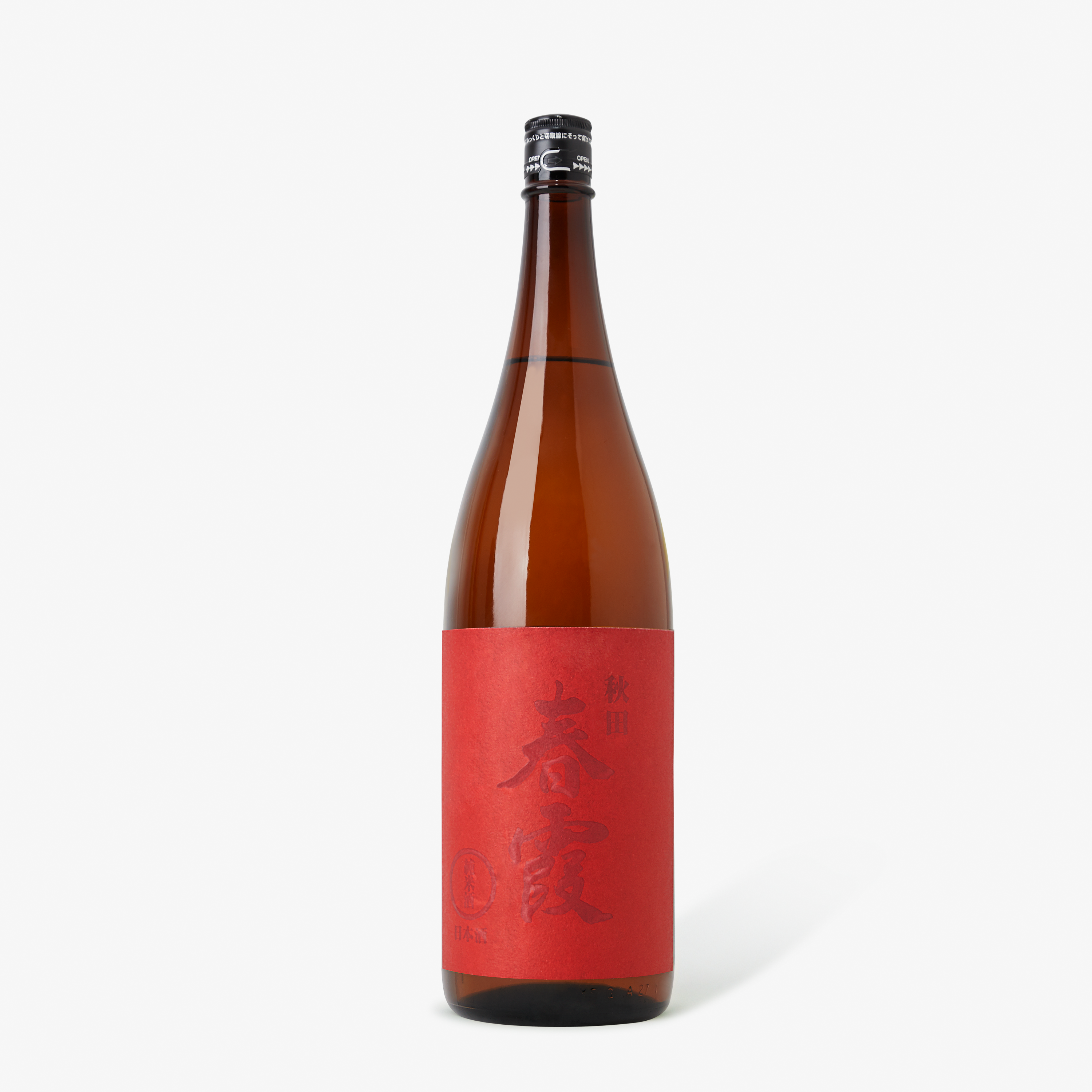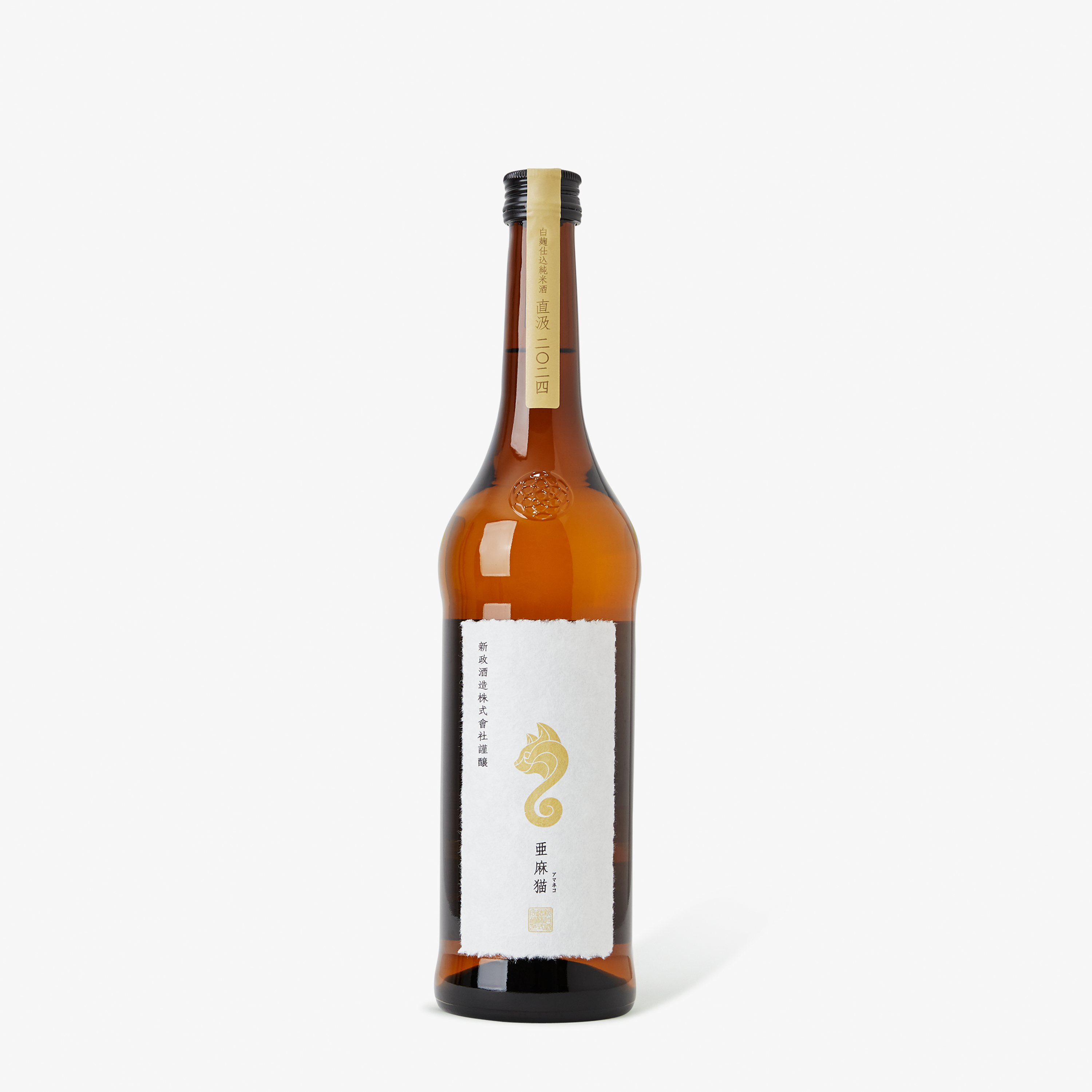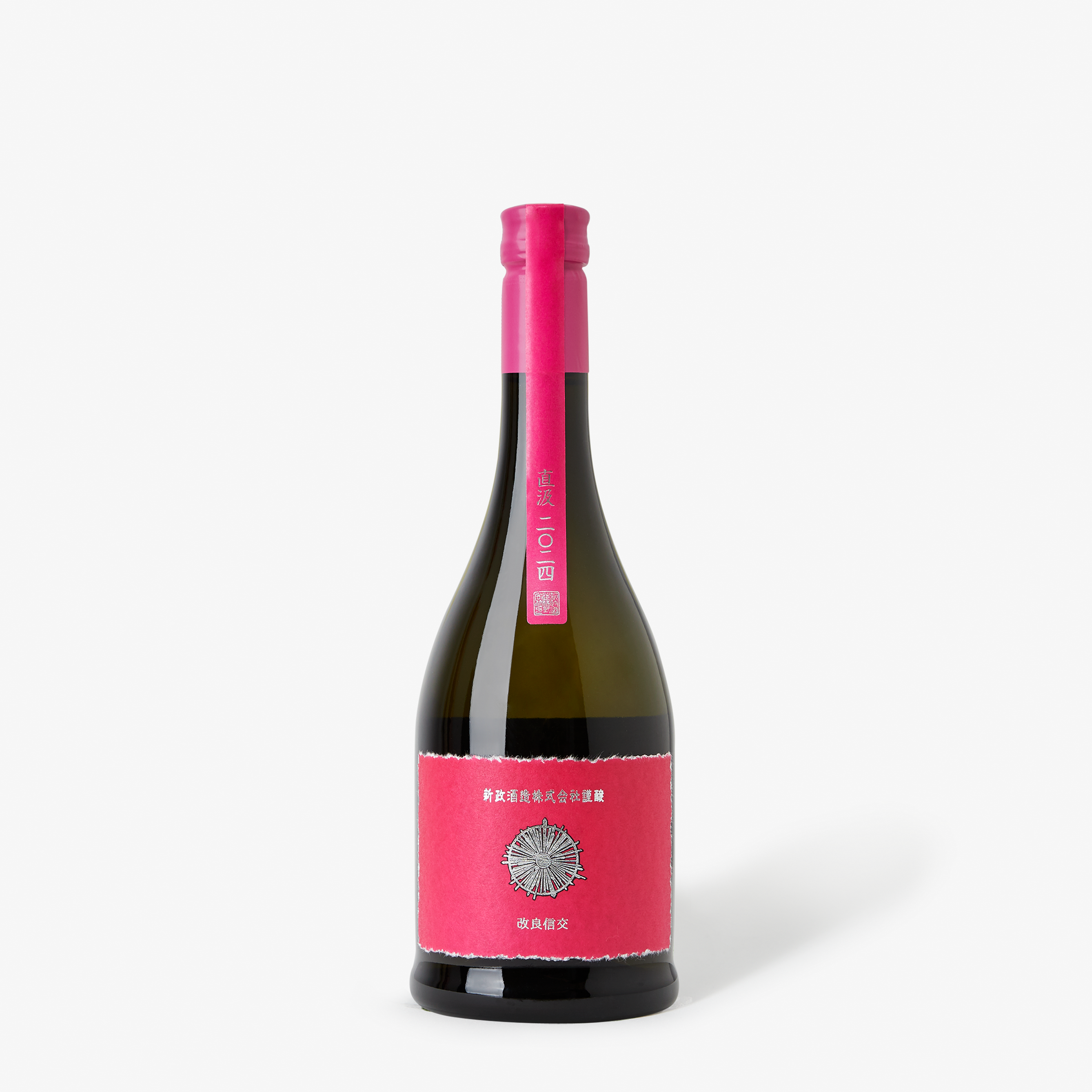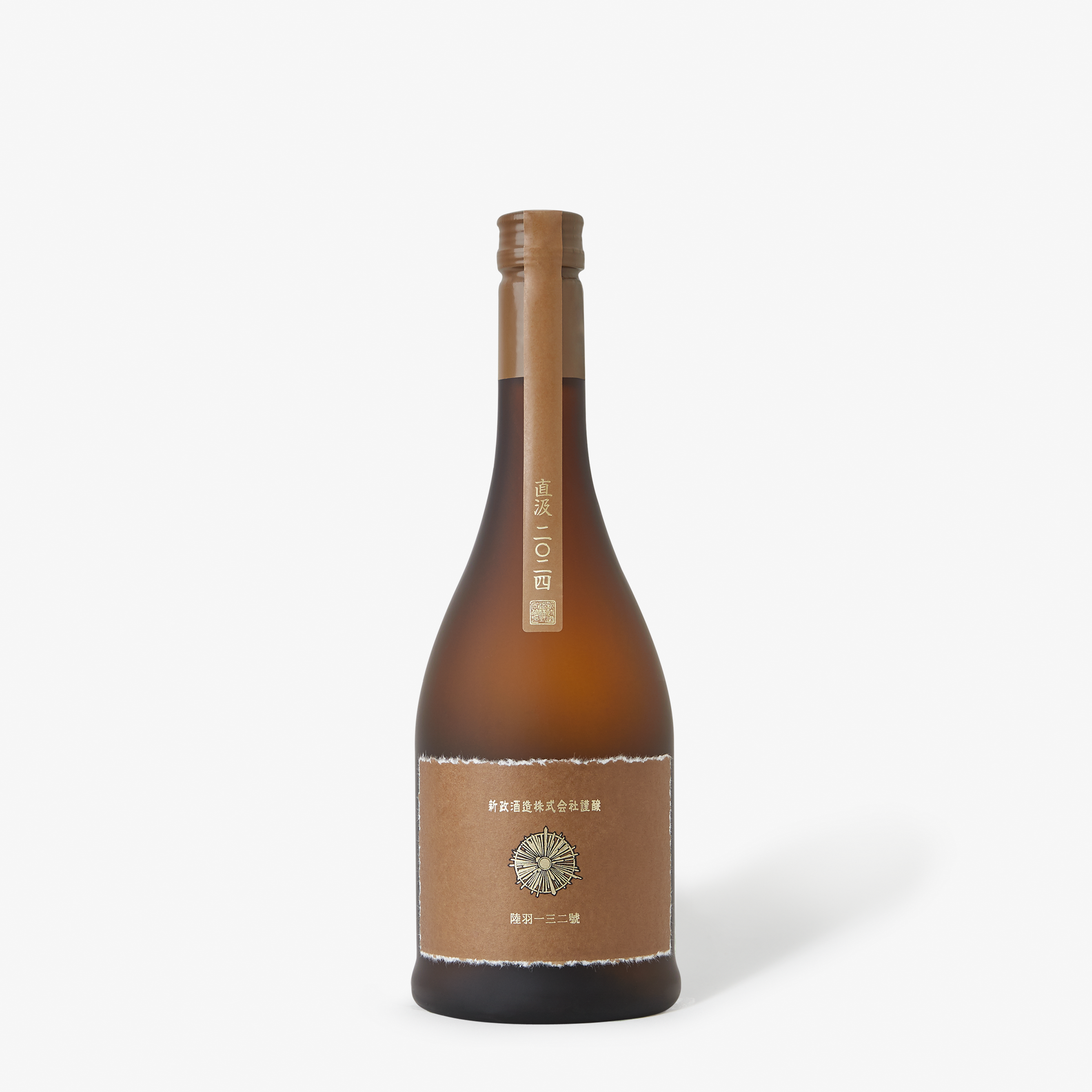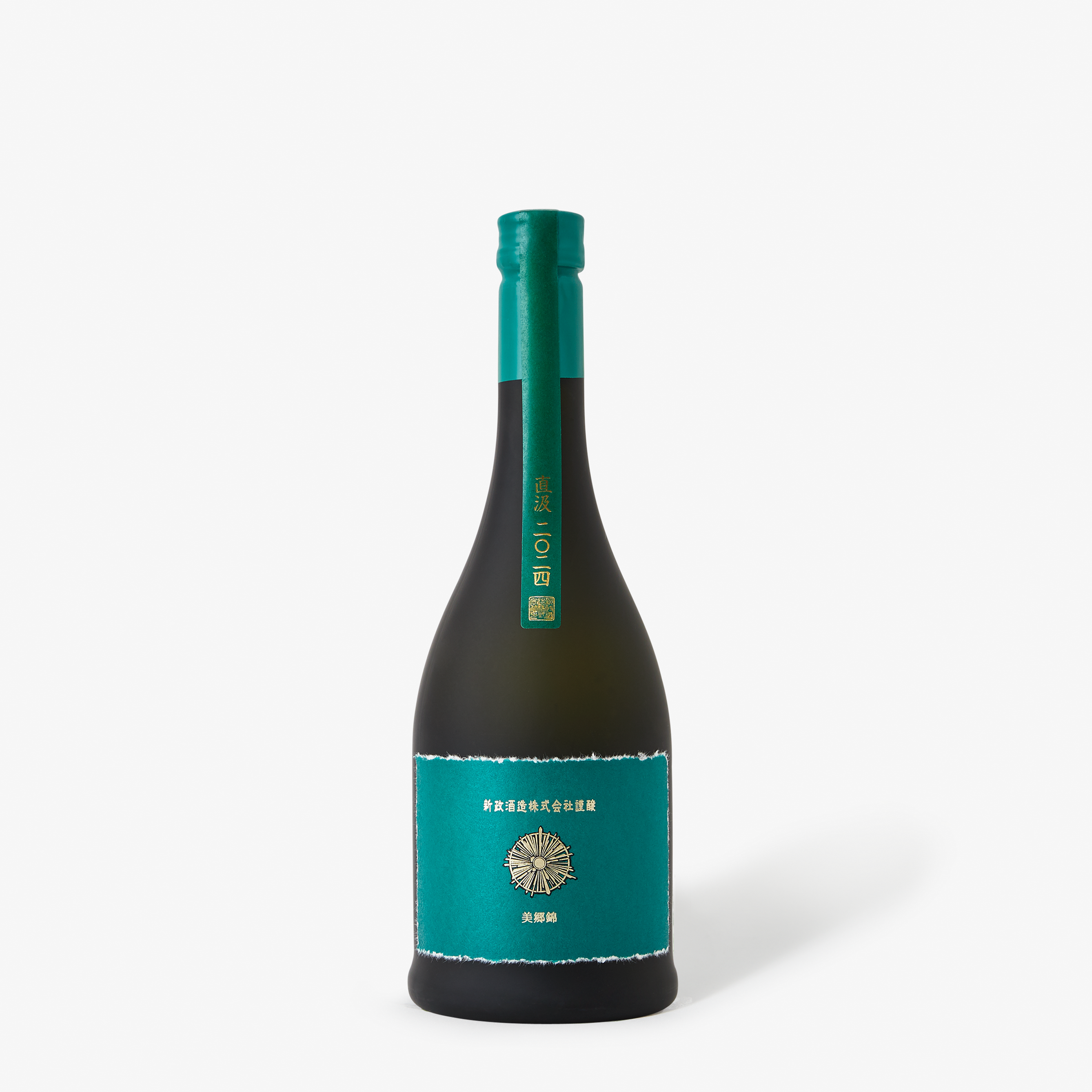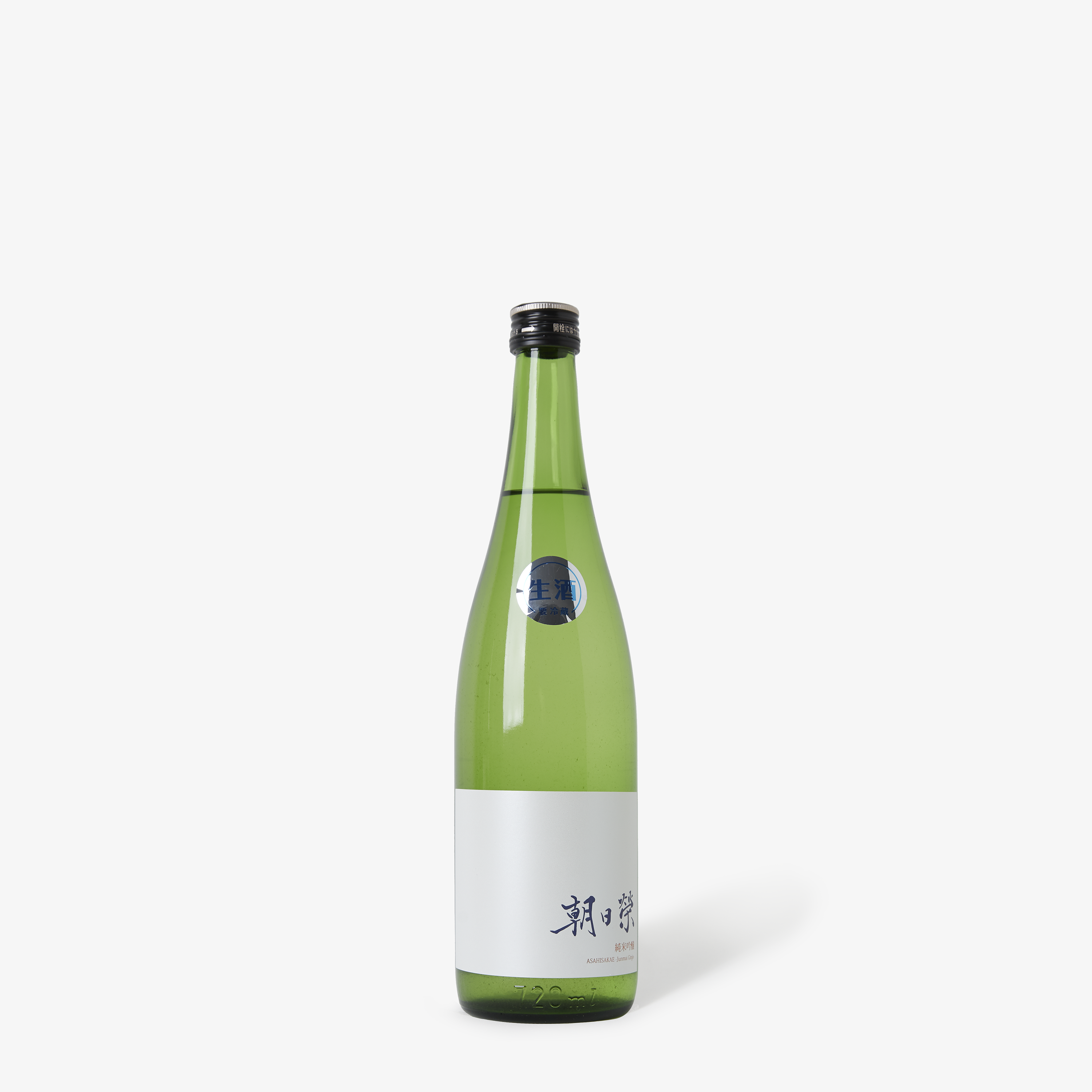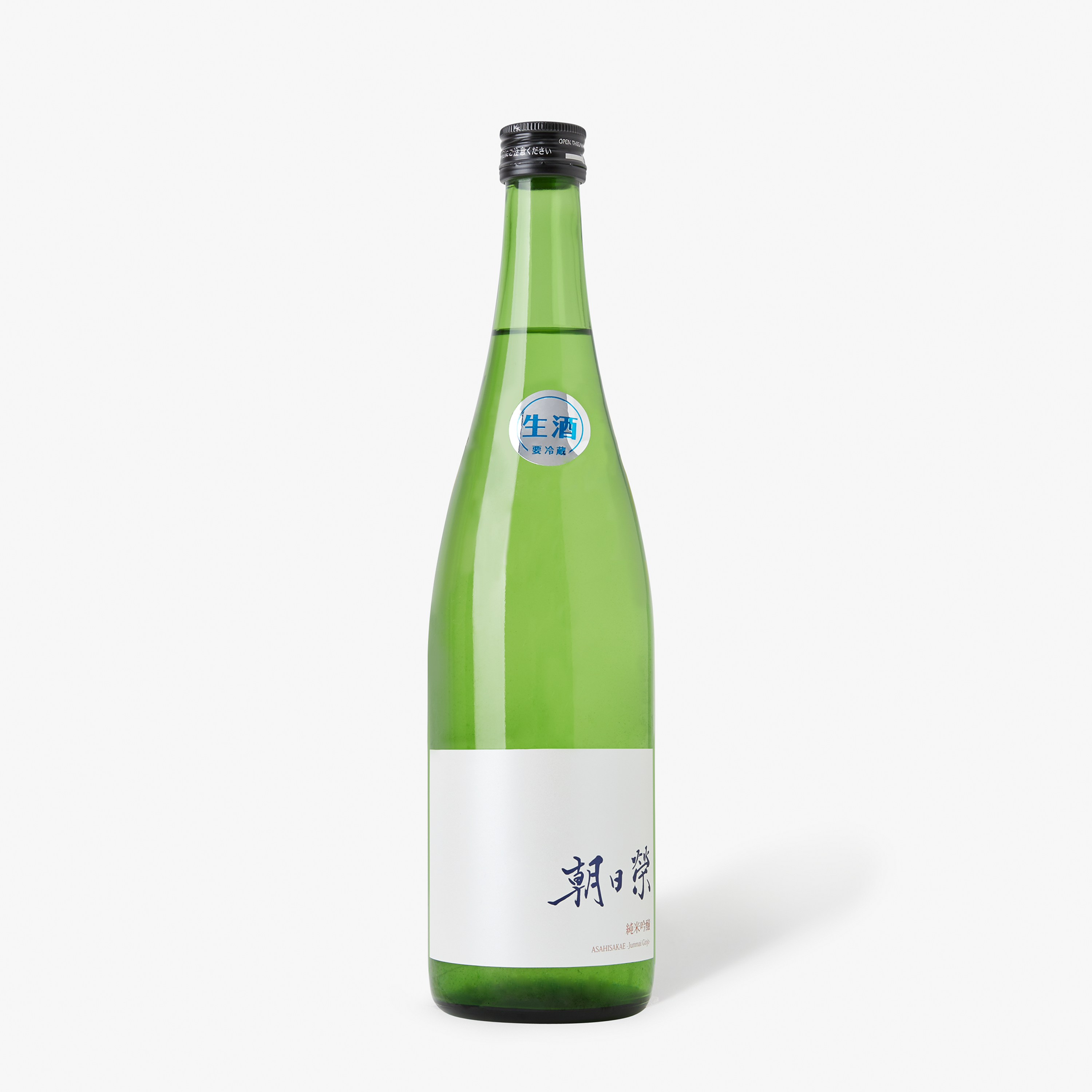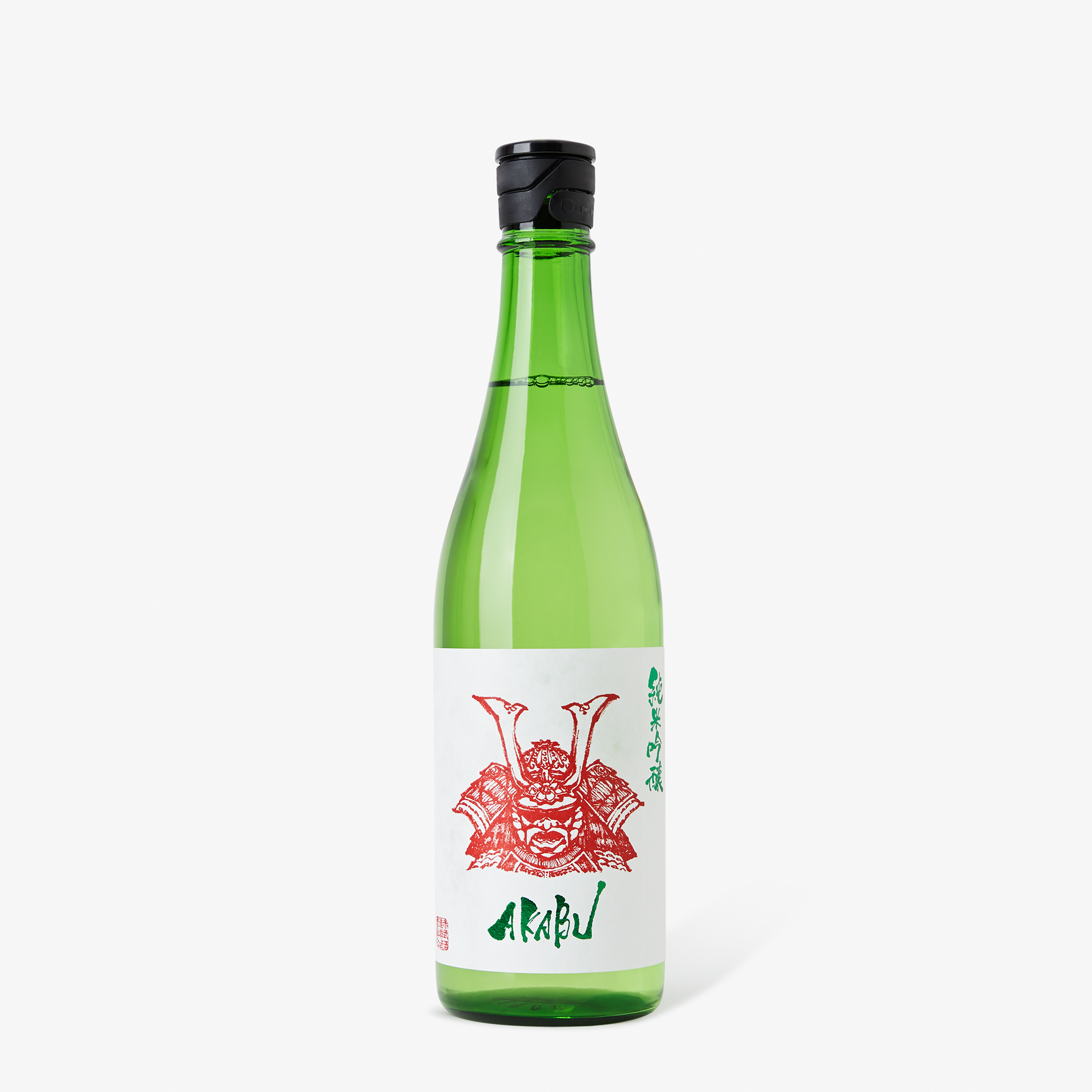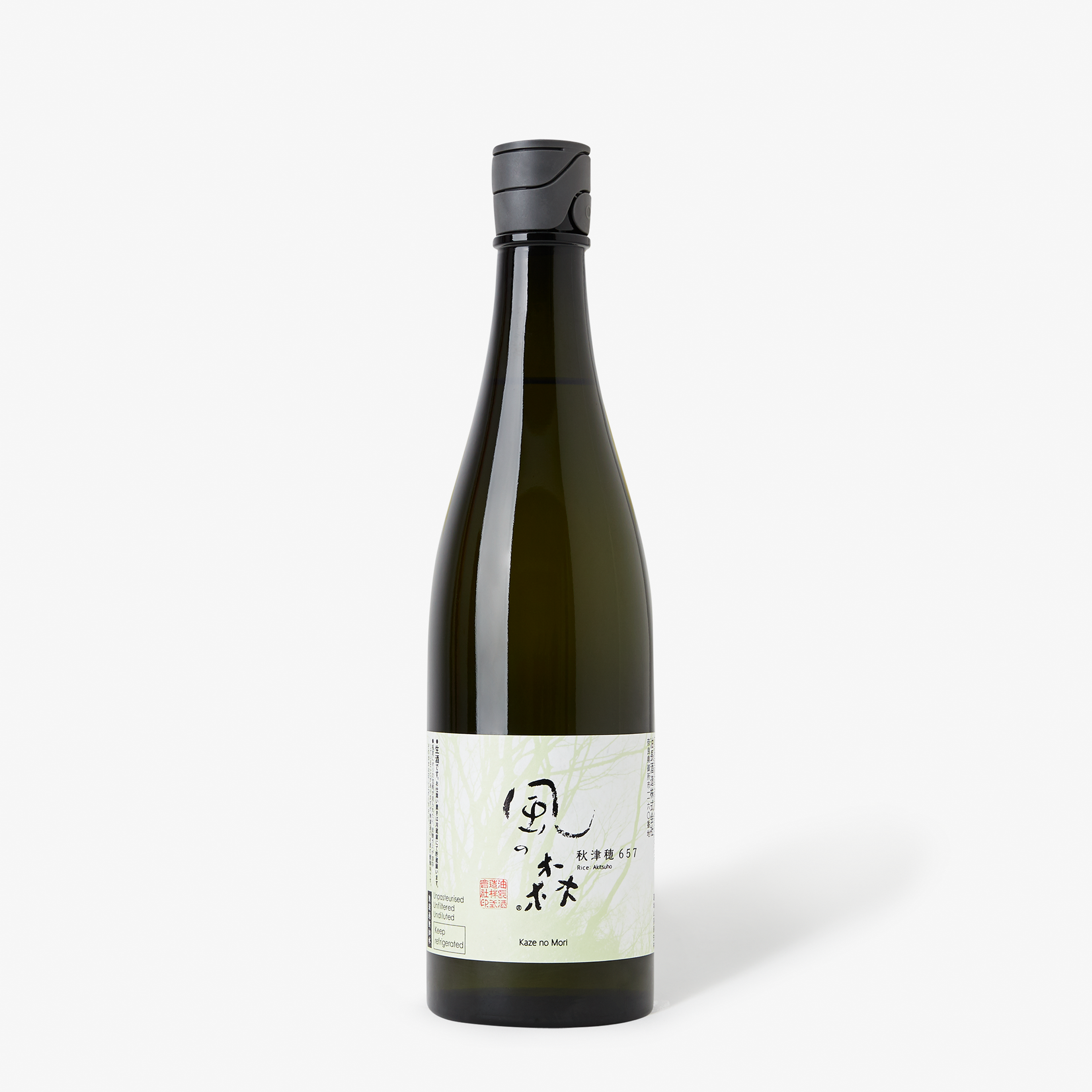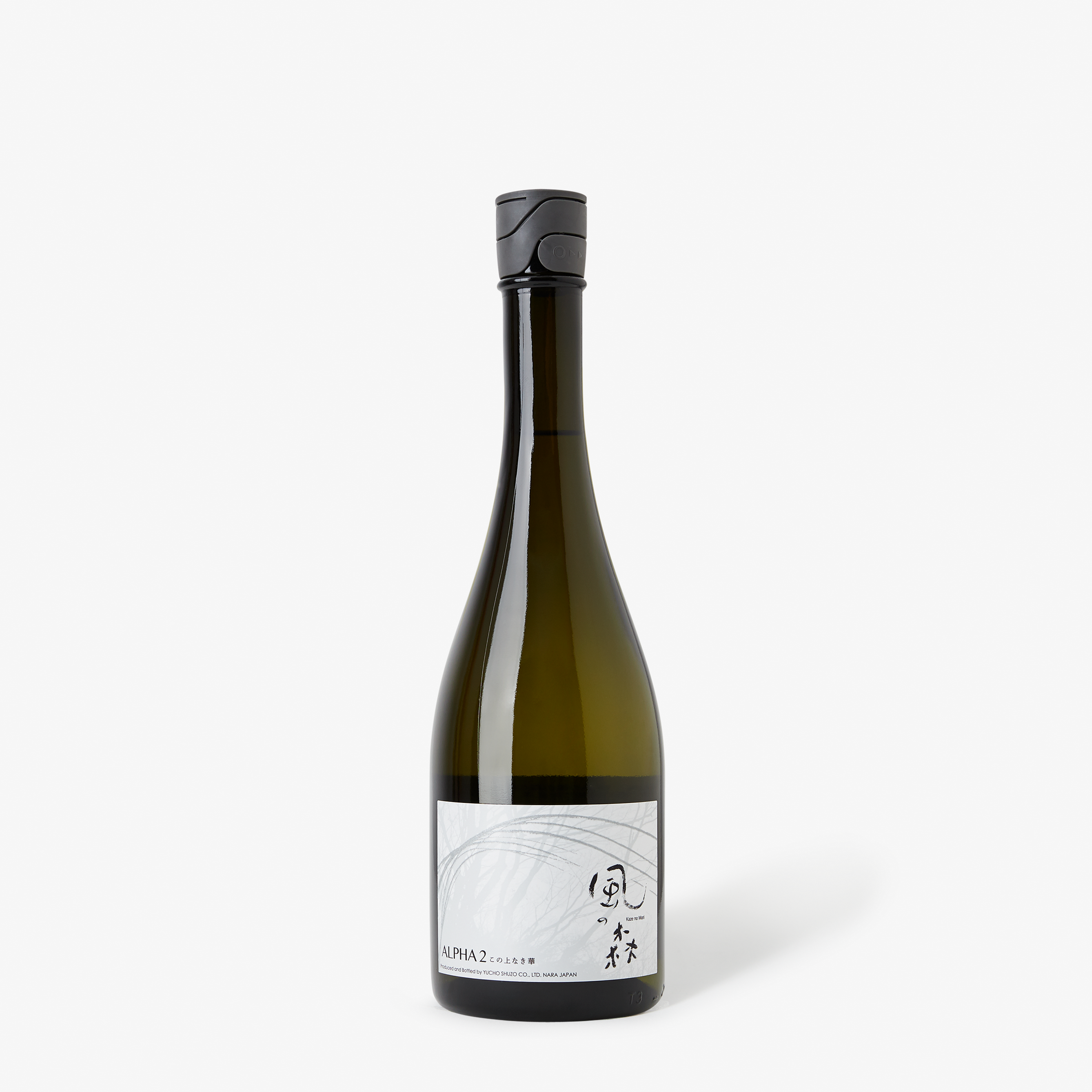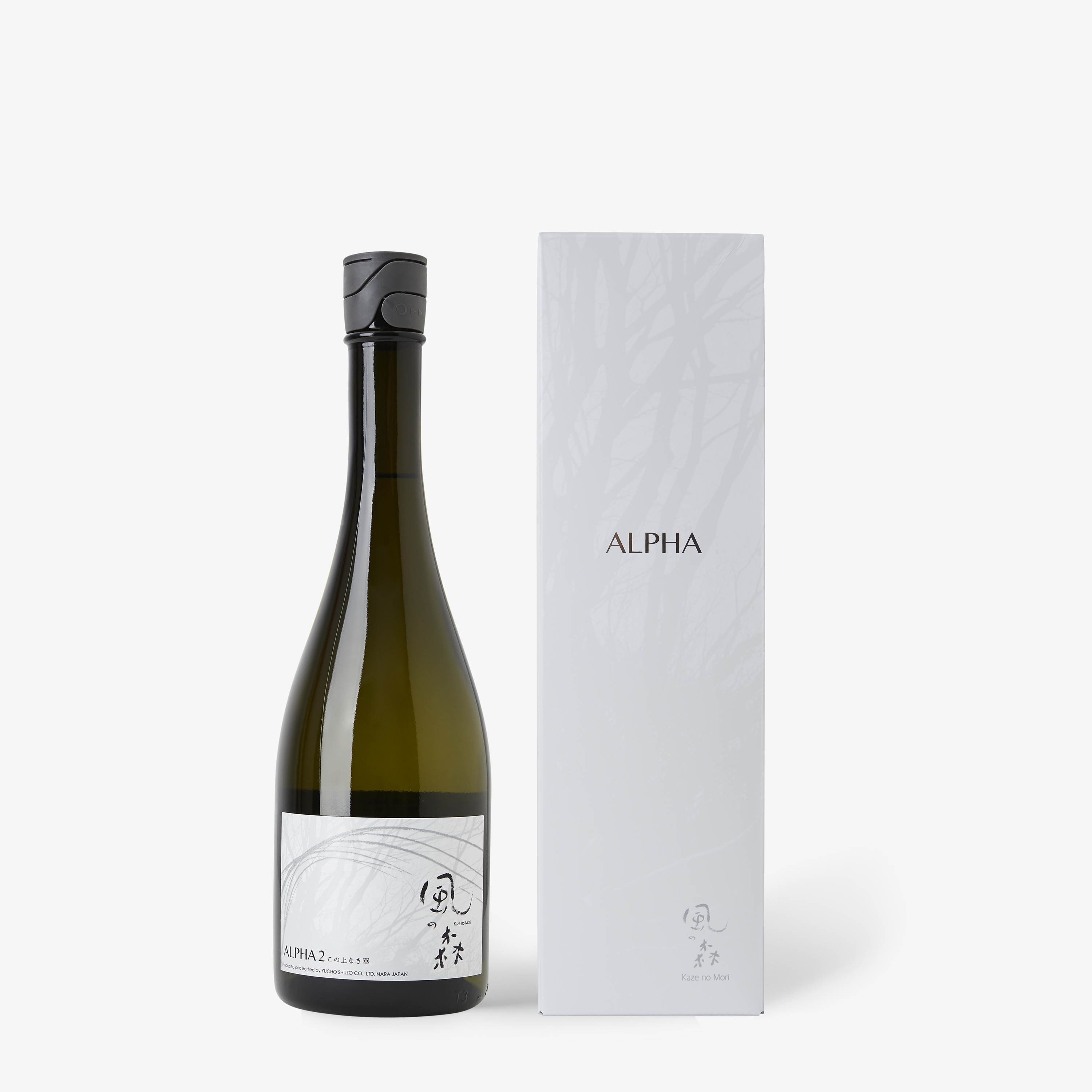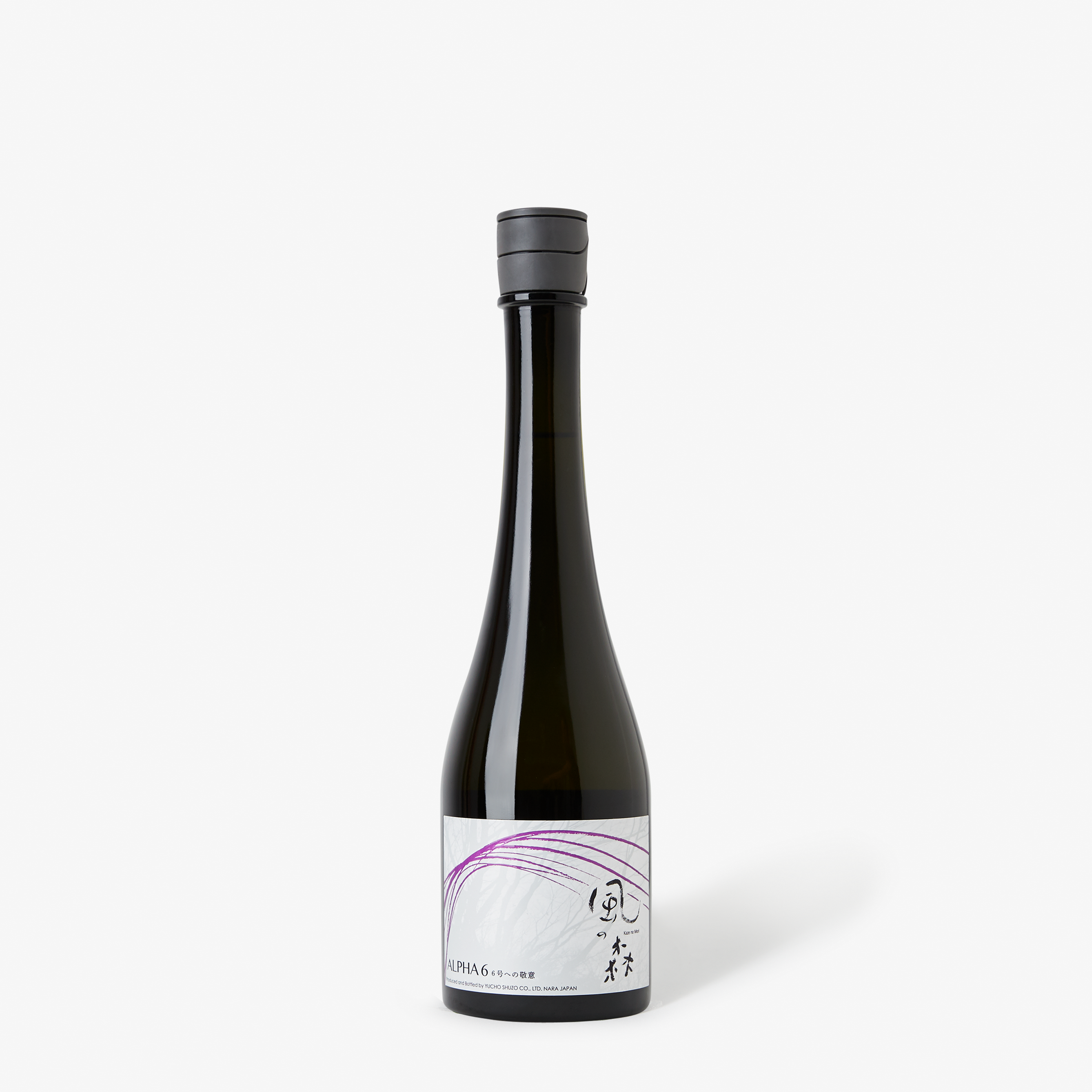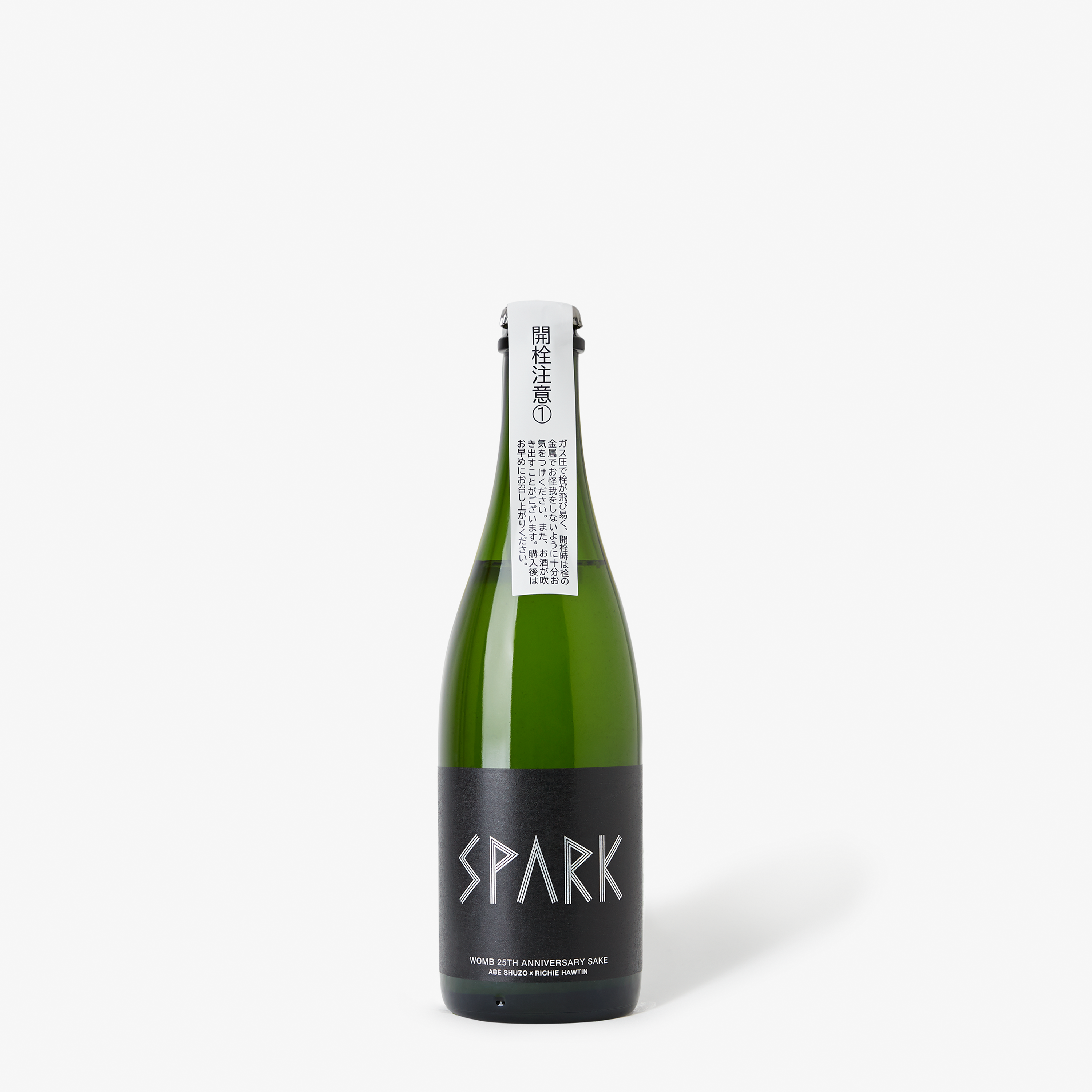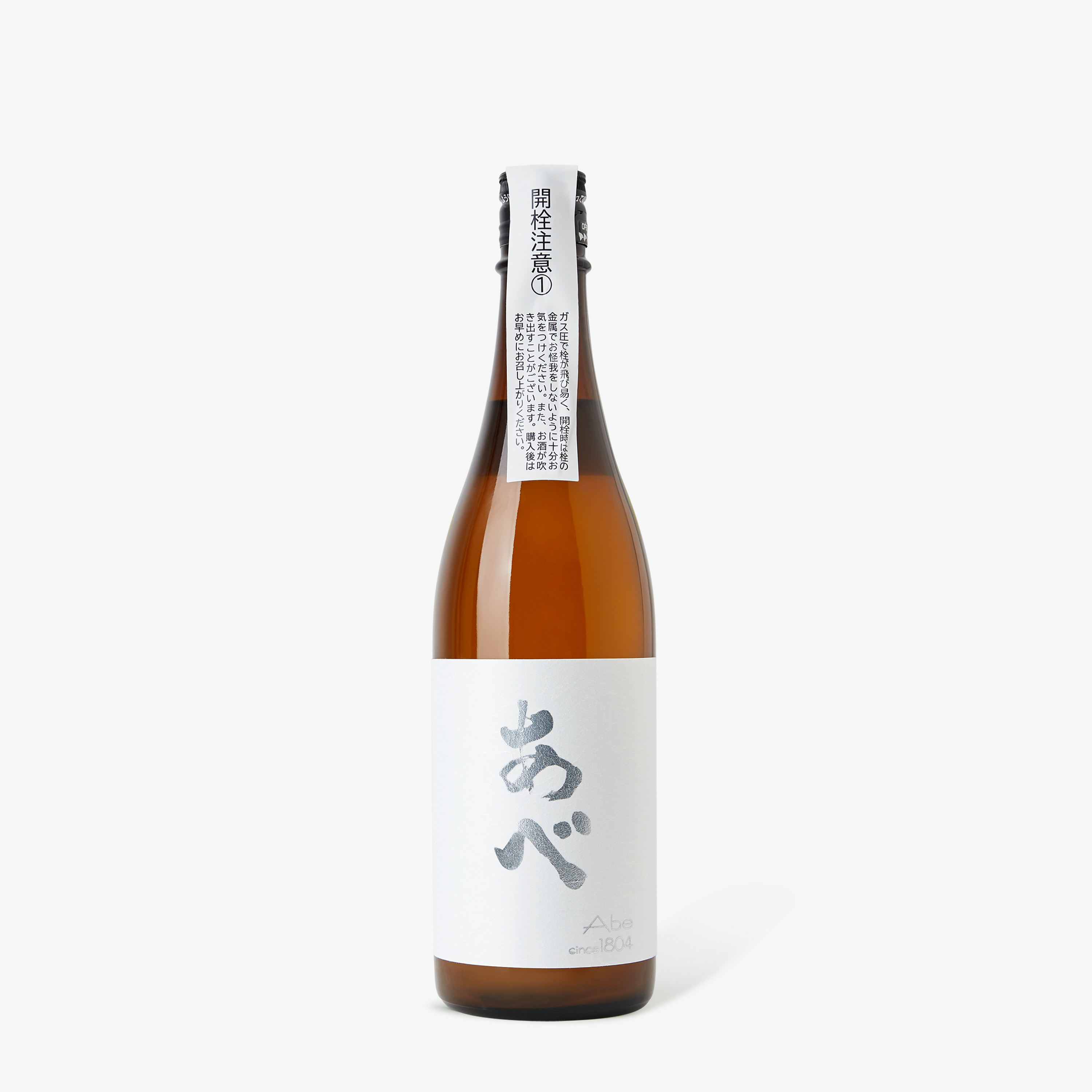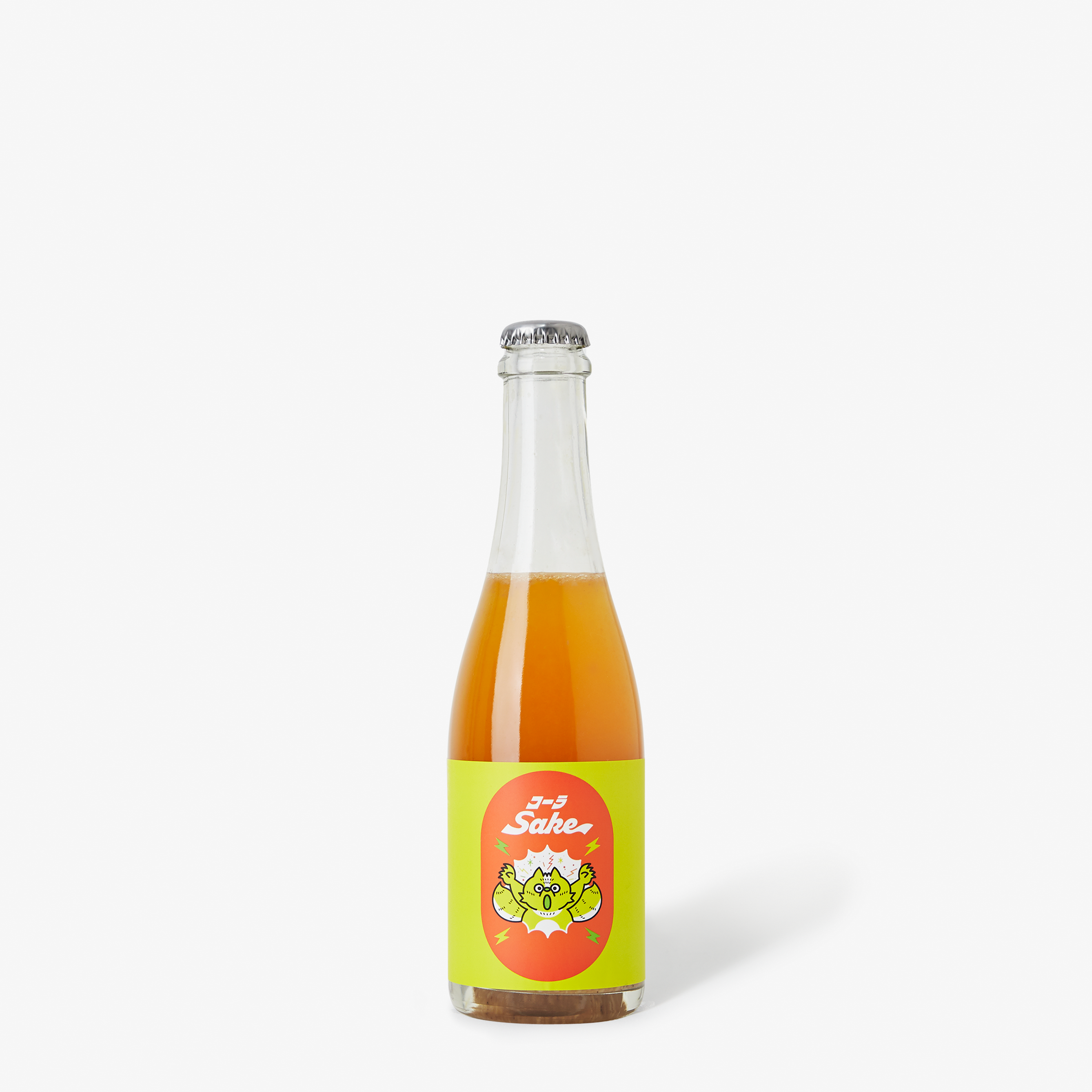Kuribayashi Brewing & Co. was founded in 1874 by the 5th generation of the Kuribayashi family, Kisuke Kuribayashi, in Rokugo Village, Akita Prefecture. Rokugo (now Misato Town) is one of the oldest settlements in Akita and is renowned for its high quality rice as well as being blessed with an abundance of spring water. This soft, pure spring water is used in every aspect of life here; tap water for drinking, farming, rice cultivation and, naturally, sake brewing. Since the Edo Era Rokugo has prospered due to its high quality sake production. In fact, around the time that Kuribayashi Brewing & Co. was established there were more than 20 sake breweries in the small township. In addition to the famed spring water and rich rice in the area Rokugo is ideally situated for sake brewing due to the severity of the winters there. Located in the far south east of Akita, the Misato-cho area is so heavily blanketed with snow that the scenery becomes a seemingly endless expanse of white. This cold ambient temperature is perfectly suited to the style of low and slow fermentation required to make high-quality ginjo-shu sake. It’s uncertain when the brewery’s brand name Harukasumi, or “Spring Mist” first came into use. However, it is said that the name was taken from the lyrics of a Noh song titled, “Hagoromo”: “While the spring mist has settled here (on the earth), flowers of Tsuki no Katsura [a flower described in classical literature that was believed to grow on the lunar surface] must be blooming on the moon.” “Kasumi” was also a commonly used moniker for “sake” in the the old days.
